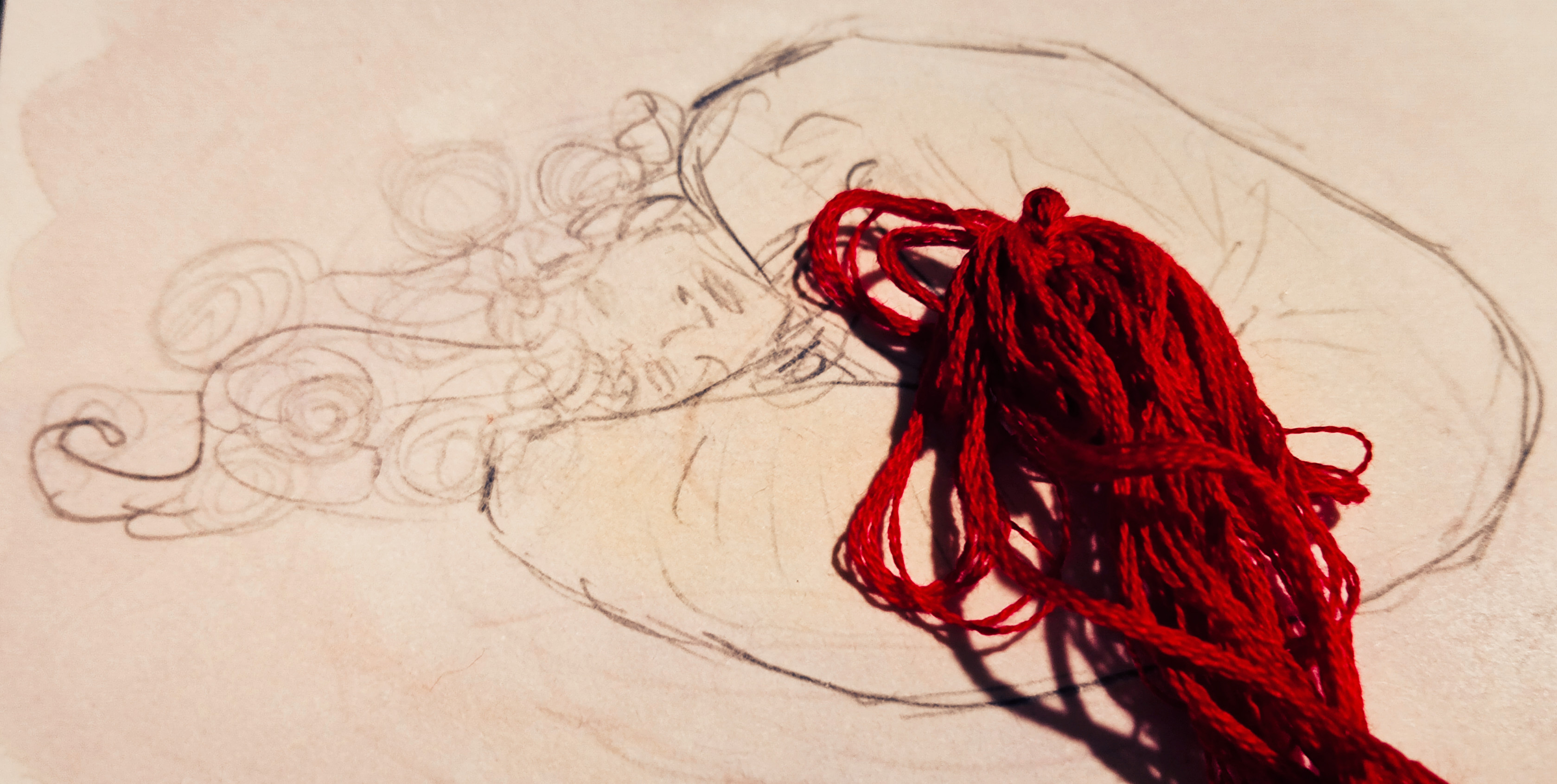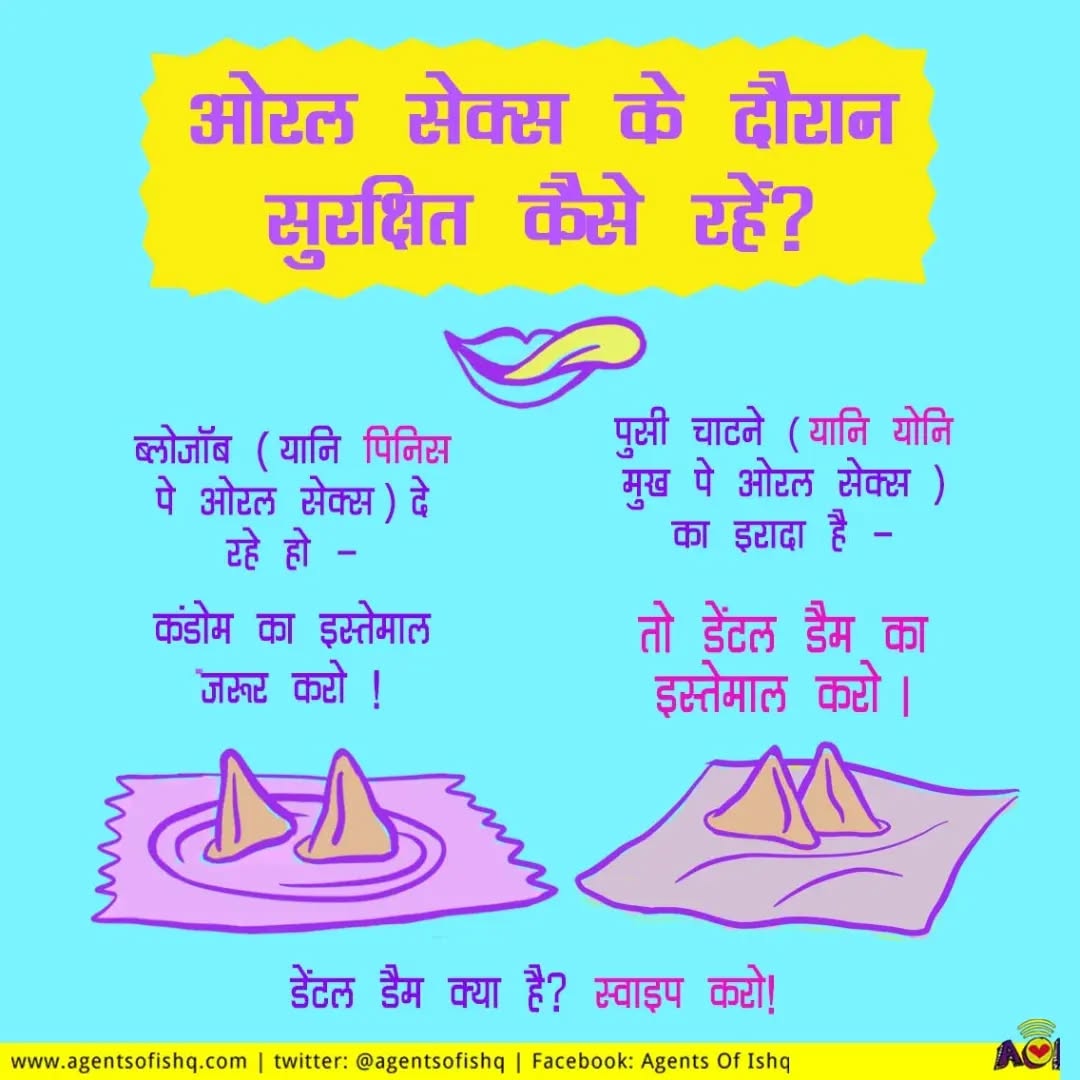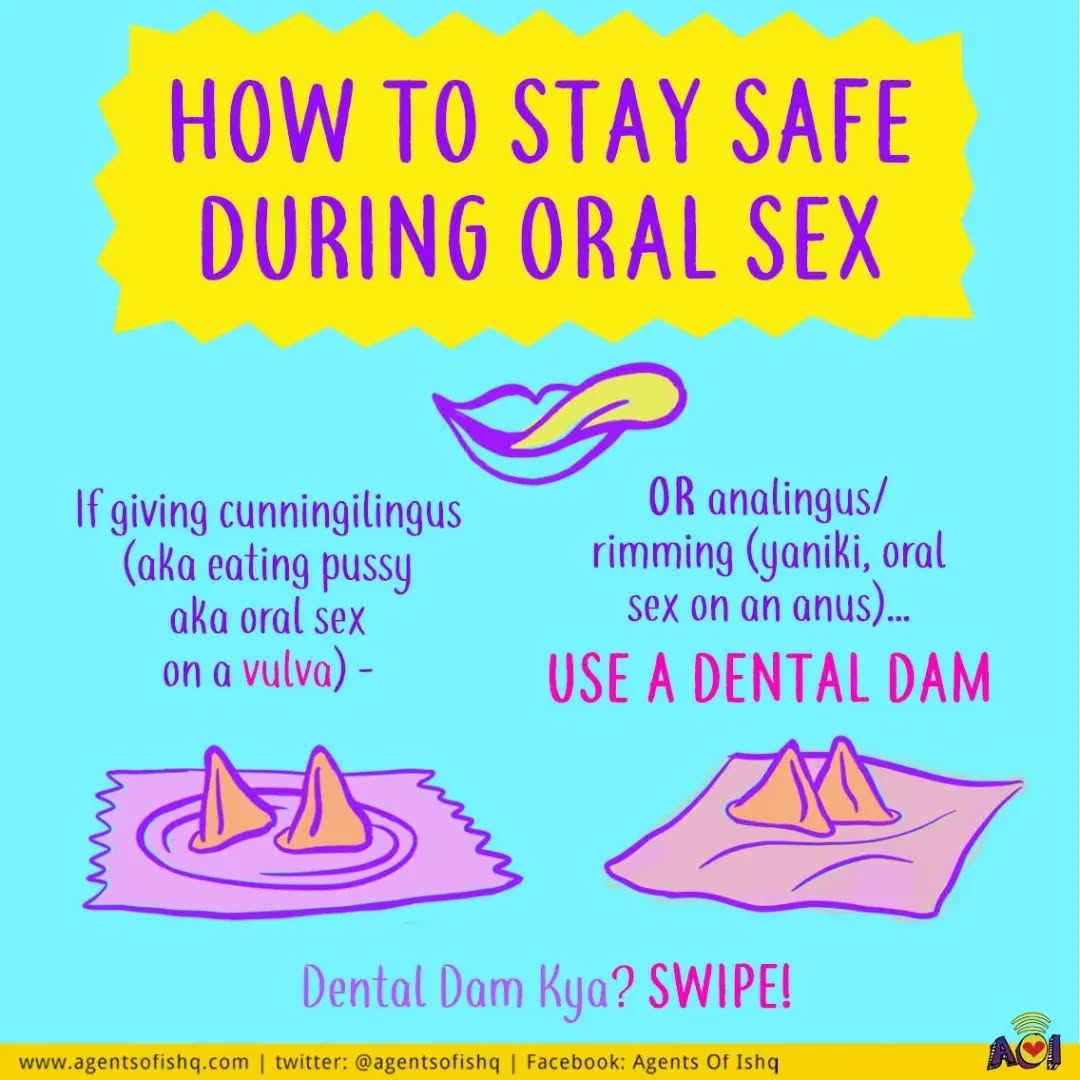Q: When were you diagnosed with cancer?
SM: I am 50. I was diagnosed when I was 45 in March 2018. I had breast cancer. I had a mastectomy and reconstruction at the same time. And then, I had around 16 rounds of chemo, and 20 rounds of radiation. And I think I finished my treatment at the beginning of December.
Q: What were the physical and emotional changes before and after the treatment? What was your relationship with your body before the diagnosis. What did the diagnosis change?
SM: I never expected to feel so strongly about the way I looked. I always thought I’ll be fine even if my hair falls off. Those were the least of my concerns, really. When it did happen, and when I buzzed my hair, I was fine. I thought I looked so GI Jane.
But, between the chemo sessions, the hair would grow back and then I would go in for a round of chemo and then it would fall again and I kind of looked like a porcupine most of the time. You have patches. In the movies, they show people ekdum bald, but that’s not true. I think it was very eye opening for me that vanity is, I guess, part of all of us. I thought I was above vanity but I wasn’t. I think it was a very big realisation for me.
Also, the way I looked started to change because of the steroids and the medicines. My face really puffed up. I got this hump in my neck, because of the steroids and big dark circles and stuff like that. And I just started looking like a very different person.
I didn’t even know who I am anymore. For 45 years you see yourself every day and you have a way you look in your own head. Now suddenly what you look like in your head, and what you see in the mirror is so different. It was an awful struggle. And I’ve always thought that that would not be the struggle. I’m just way too cool for this. But no, it is a very big struggle.
Q: Did you feel disconnected or like you lost a part of yourself in a way?
SM: In 2018, I had just about started getting my act together about working out. When I felt sick, I had thick long hair. I was very fit. When I went to the doctor, before my surgery, they needed to take tissue to do the reconstruction. They said there was no fat in my body. I was that fit. I was lean and it looked really good. I think it became very hard to suddenly realise that it’s gone one day.
I didn’t know who I was in terms of all the things that were happening to me. I’ve always been friends with my body. I asked myself how to reestablish this friendship with my body. With cancer, with medication, every day is different. Some days you’re feeling nauseous, some days your stomach is not good. Every day is different.
Chemo medicine gives you constipation. It’s killing all your gut cells and everything. It’s very difficult for the body to process that medicine, which is why they keep checking on your kidneys and stuff like that. The medicine is obviously toxic for all your organs, so constipation is a very big part of it. I would go to the loo and would strain. Then I got an anal fissure. I didn’t know what it was but it was so difficult I would have tears in my eyes and I found it so difficult to tell my family because it’s just robbed me of all my dignity. It’s robbed me of everything.
Q: What were your concerns and fears when it came to intimacy?
SM: I had a mastectomy and so they had to remove my breast and they had to reconstruct the breast and they had to take away my nipple. The funny thing is that even after my treatment got over, I was talking to somebody. . . and they told me how being handicapped is not always visually handicapped the way we see it. You know, not having a nipple is also being handicapped. I do feel like sometimes that I am a freak. I’m very strange in that when my hair fell, I could have worn a wig but I never did. I thought it’s too hot I’ll be sweating. I just went through all this trauma. Now that I think about it, I should have just worn a wig instead of being so traumatised by it.
Similarly, when they did my surgery, I had stitches everywhere. When they reconstruct your breast, they use tissue from your back and it’s just like a lump. It could have been a lump of clay, plastic, or anything. It doesn’t feel like anything. It was just like this thing that’s stuck there. It’s very weird and you have like one OG breast, and one this guy. And it’s strange and then you don’t have a nipple.
Even now sometimes, I like not to wear clothes and sit in the house. I’m fine with it. I’m married, so I’m okay with my husband seeing it, but I don’t think I’m okay with anyone else seeing it.
Q: You mentioned that you were comfortable with your partner seeing your body, but were also afraid of how your partner would perceive you.
SM: I don’t think it’ll go away. You’re always thinking, “Hey, what does it feel like to him? Does it feel different to have this person now who has one breast that doesn’t have any sensation? That you have to be very careful around, that doesn’t have a nipple?”
What does it feel in his head? I’ve never asked him because I know he’ll say, “are you mad?” and stuff like that.
Q: Are there things he does that make you feel supported and loved and a little bit better in all of those heavy emotions?
SM: He was my primary caregiver when I was sick. When they let me out of the hospital, I had a band-aid on my breast. What they do is they take out all the tissue from inside your breast, like, like think of it like a coconut scraper, they just scrape everything out. And then they stuff it with this tissue. When they scrape everything out, they really scrape everything out. It’s just your skin there. It’s like the flap of your breast is still there and then they can stuff it back and stitch it up. So, the skin is just very thin, it’s been scraped so much. And so, when they send you back home, because you have bandages and you have to take out the bandage every morning and then you have to put this ointment and then you have to put the bandage back.
It was traumatizing for me. I would always be scared that if it bleeds, I would have to go back to hospital. I could not do that myself. I would be so scared of it. He would do it. He would take the bandages out. He would put the ointment. I couldn’t have a bath. I used to have a sponge bath for almost a week because you can’t wet that side and your back. He was the only person who could give me that bath. He was he was basically my rock through it all.
Q: Did you notice changes in how you experience or perceive your gender? Did you sense of femininity get affected?
SM: Anytime you tell anyone, I have breast cancer, they look at your boobs. Okay, they can’t help themselves.
A friend of mine said “Oh my God, anyway, your boobs are so small. Nobody will even notice that it has gone”.
That is not what you’re supposed to be telling me. I told them that it did not feel funny when they said this, right? And I hope that they introspect and realise it. I learned that not everybody has the capacity and the capability to understand what you’re going through.
I guess, somewhere, the way you look and having hair on your head and all those things are tied with your own self-image, with your own feeling of being feminine. And, while I never felt less of a woman in my head or less feminine, I felt I just looked strange.
Initially, with my hair gone, I would wear these big bindis. Whenever I went for my chemos, I would wear all my lipsticks and everything and go for it. And I don’t think I felt less feminine, but I felt like others perceived me as looking strange, less feminine, less of what I used to look like. Sometimes you could see it in their eyes.
Q: Did you have a support group that you could talking to about what you are facing?
SM: I was vocal about having cancer. And, I have a strong circle of family and friends. I think they all just took me through. I had two female friends who were with me all the time.
But support groups in terms of groups with other people, no.
There was one group because I met somebody who had been through breast cancer and she had just recovered, a year and a half, two years before me. She became like a sort of guide for me. Then somebody else who had it and then she also, we made a little group- five, six of us, that’s it.
Q: How did you meet them?
SM: One day, I felt that I should do something, may be yoga, to be friends with my body. It’s not like my body has turned against me. It’s me and my body together on this journey. So, I need to feel that connection with my body a lot more.
So, this friend I used to go for yoga with before, said she had a student who had been through breast cancer two years back. But it was fabulous because that girl was like, just the most calm person, who did a lot of research. And then another girl whose sister lived in my building, we went to the same doctor, same hospital. So, then we got friendly. That’s how I met these 2-3 people and then we just connected.
I felt like it was a bus and everybody was on this bus with me. And now I’m going to ride through this very rough territory together. But I was very lucky to have a very strong support system. I always feel like people who don’t have that, that is very rough. That way I always felt I was lucky. You always think like when you die, that’s when you really realize how much you’re loved. But it was quite something to feel how much you’re loved when you’re alive.
Q: During the treatment and now, did you experience a loss of desire for intimacy? And if you did, how did you find ways to regain that joy for intimacy? And maybe in different, newer ways than before?
SM: I definitely did lose the desire. I feel more sexy with my clothes on than with my clothes off now, which is definitely strange. I mean, I had no issues with my body ever. I think I just grew up in this way of being very not self-conscious. But now, I do feel like I’m different, physically. And breasts are such a big part of being a woman.
I don’t know what I wanted to do about the intimacy. I think I still struggle with it, honestly. I don’t have an answer. I’m still struggling with it.
I’m very conflicted about it. I feel okay and then not okay. I think I’ve gone past a lot of stuff, but this yeah I’m struggling with.
Q: You mentioned that you like this character of the supportive husband in the book, Bangalore Detective Club. Is it also because of the support you got from your husband during the nine months of the treatment?
SM: I think I’m very lucky to be married to the man that I married to. I got married very young at 23. Weve grown up together and it’s just been the two of us through everything. It’s also hard being married because it’s difficult. I don’t think human beings are made for marriage actually. You know, it’s hard not to be attracted to other people. It’s hard not to sometimes feel like I’m done with this person, So we’ve had all sorts of things between us where we thought that oh we’re never going to be able to live together anymore, but we’ve always made our way back to each other.
Shormistha Mukherjee is the author of the book ‘Cancer, You Picked The Wrong Girl’. She spoke to Agents of Ishq in an interview with Div Rodricks



































































































































































































































































































































































































































































































































































































































































































































































































































































































































































































































































































































































































































